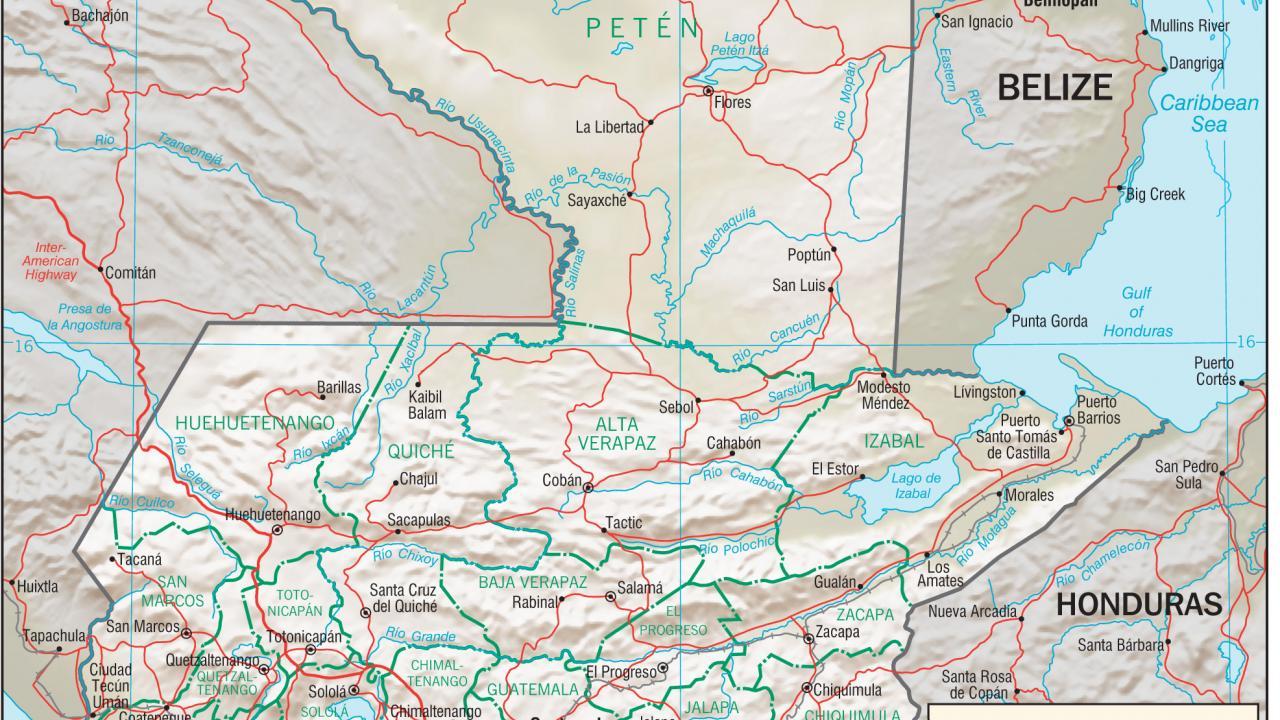
In Guatemala, coffee production is the source of livelihood for hundreds of thousands of poor small-scale farmers organized into producer cooperatives. Exposure to risks is high, with risks originating in both prices and weather. Price risks are due to large fluctuations on the international market. Weather risks are due to erratic rainfall, leading to both droughts and floods, and to extreme events such as Hurricane Mitch in 1998.
Index-based weather insurance offers a new promise for reducing these complex risks to increase productivity and enhance the livelihoods of these smallholder farmers. Because it does not require verification of losses, index insurance avoids problems of adverse selection and moral hazard. It also has minimal transaction costs, which helps the insurance market reach poor people.
A properly designed index could address the wide variation in yields and quality that is so central to coffee profits. However, index insurance has met with low uptake among intended beneficiaries, particularly small-scale farmers. An index-based insurance contract targeting at the group level, such as a coffee cooperative, could be a potential solution to the problem of low uptake.
Project Summary
A research team supported by the Feed the Future Innovation Lab for Assets and Market Access is launching an Index Insurance Innovation Initiative (I4) project to understand index-based insurance products can improve risk management and risk coping for coffee cooperatives and their members. The team will also identify the reasons why index-based group insurance may be superior to index-based individual insurance in terms of uptake.
The team will work with partners in Guatemala to develop and offer hybrid contracts to coffee cooperatives and individual cooperative members. The research team will use randomized control experiments to test the relative merits of group versus individual contracts, to offer a menu of contracts from which cooperatives and individuals can choose and to explore different ways of promoting use of the product. The team’s extensive prior work in Guatemala provides a unique source of data on which to construct the experiment.
For these farmers, risk management already exists at the cooperative and individual levels. It includes savings and credit, price insurance and, presumably, informal mutual insurance schemes. It is therefore important to scrutinize the linkages that may exist between index-based insurance and the other risk management and/or coping instruments.
Anticipated Impacts
Interlinked transactions among members and ownership of collective assets suggest that group insurance can provide benefits in excess of the sum of benefits from individual contracts. When weather insurance is controlled by the group, it can also improve the functioning of other contractual deals, such as cooperative sales agreements, between the group and each individual member.
